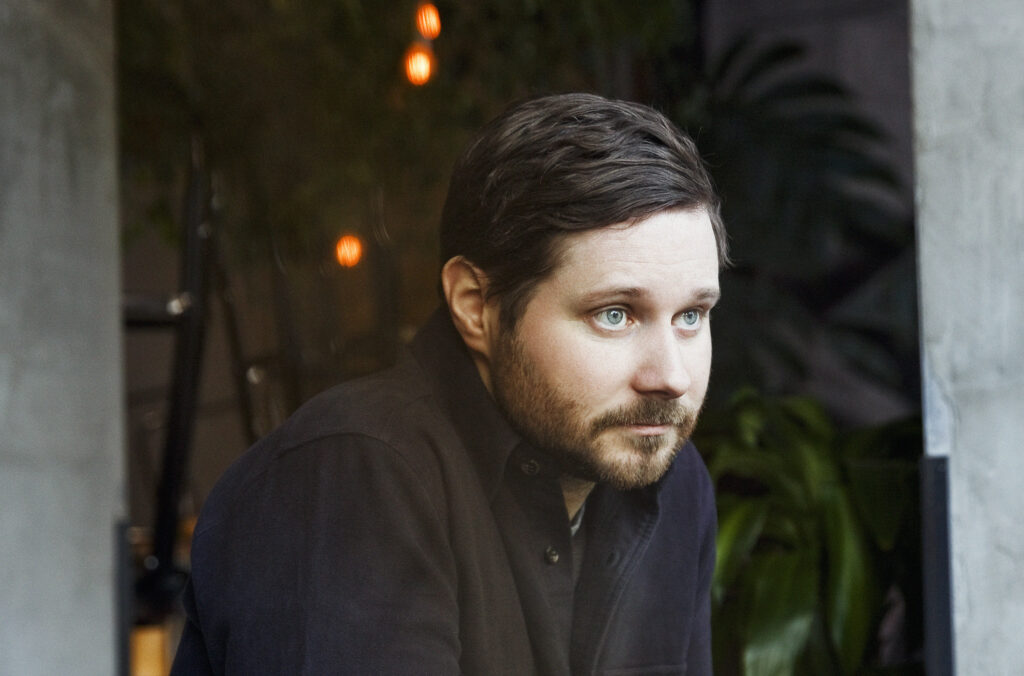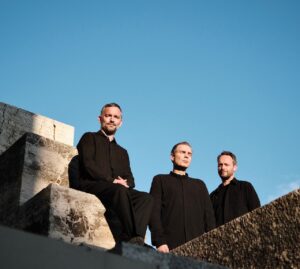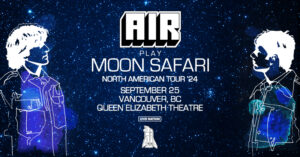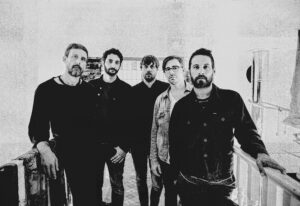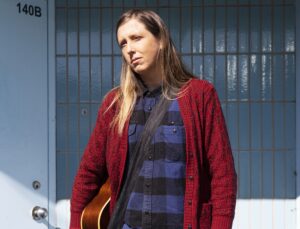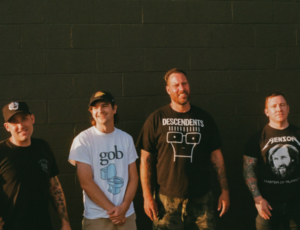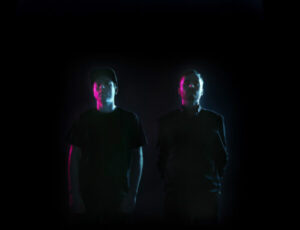Dan Mangan’s earliest musical memories are good ones. Growing up in Vancouver, Mangan had an older stepbrother who taught him how to play guitar and piano, influencing him to continue guitar throughout high school.
“I remember playing Beatles covers and Janis Joplin covers and Simon and Garfunkel covers,” he recalls. “And then as I got older, I was into Pearl Jam, Nirvana, and eventually discovered Radiohead, which was a complete game-changer – nothing was ever the same after that.”
Mangan chased this passion, first writing songs when he was 16 and playing every open mic and café that would take the ambitious, young singer-songwriter. When he released his first EP in 2003 – All At Once – his career began to quickly grow, but it wasn’t always easy.
“It was a long journey with many small steps,” he laughs. “Like a toddler running a marathon.”
The COVID-19 quarantine has impacted many, many people and industries around the world. And one of those industries particularly hit is live music, a major source of income for musical artists and bands. But Mangan has found a way to connect with his fans across the globe via video communications and Side Door, an innovative, online platform that Mangan co-founded a few years ago, allowing artists like himself to perform anytime and anywhere, and get paid for it.
This project has actually kept him busy during a time when most artists have nothing but time because of the strict social distancing rules.
“It has become a side-labour of love, business, project…whatever you want to call it,” he says. “It has weirdly risen to prominence through the pandemic and is more relevant than ever – even though it’s being used now in a totally different way than it was originally intended. So it’s been an all-hands-on-deck, crazy scramble to keep up and to continue to develop the platform and meet the needs of people.”
On Saturday, July 18, Mangan will be playing his severely underrated 2015 album Club Meds in its entirety with members of the record’s original backing band, Blacksmith. Mangan says that writing the album was a pivotal moment in his progression as an artist, a time when he started to find his now-confident and eloquent voice.
“Oh man…that record just killed me in the best way,” he admits. “It was a huge labour of love. I worked on it for months and months and months. I feel like it’s kind of like my opus at the moment, you know? I feel like I figured out how to write about things on that album, that, previously, I had trouble figuring out. Things like the state of the world and how it’s hard to be socially constructive or critical without feeling like you’re standing on a soapbox and being overly judgmental or something. With Club Meds, I feel like I began to articulate myself, in a new way and in my worldview.”
Looking back, he now realizes how the heavy themes of the album also impacted the ambiance of the band, resulting in some emotional, introspective music. While Club Meds wasn’t as widely received as some of his other albums, Mangan, as well as critics, consider it one of the best in an already impressive discography.
“I was looking through the photos from that era and there were a lot of serious faces,” he says with a quiet chuckle. “We were a very serious band. We were very intense and intentionally so because we had something to convey that was not very light-hearted. That record remains one of the most important things I have ever done.”
Through his online shows and virtual performances like Side Door, Mangan says he’s met people in places all across the globe including Estonia, China, India, and Argentina; making unexpected, meaningful connections with audiences that would have never taken place on a physical touring schedule.
“These are places I’ve never toured in – had no plans to tour in – and who have been waiting for me to come for a decade and I never had,” he says. “I’ve talked to them, I’ve met them face to face and it’s a real thing. When I hang up from one of these shows, it feels remarkably similar to how it feels getting off a real stage.”
He says that surprisingly, these shows have created a new type of connection, allowing him to genuinely communicate with the audience while providing him with an intimate look at his fans’ lives without compromising the experience.
“I didn’t want it to be a crappy version of a real show,” he says. “This is an exciting new medium. I want these shows to build community, to foster meaningful engagement despite the inhibitors that are there. We get like a thousand people on one of these shows and appearing into a thousand homes, and there are families, people alone, there are dogs, kids, dancing and crying, knitting, baking…it’s like humanity in a jar.”
What do you think is the biggest misconception of you out there?
He laughs.
“I think that I’m a scruffy, plaid-wearing, folky image of me out there. It may be partially true, but I’m at peace with it.”
So for the record, you’re more than just plaid shirts?
“Yes. In fact, I barely wear any plaid.”


